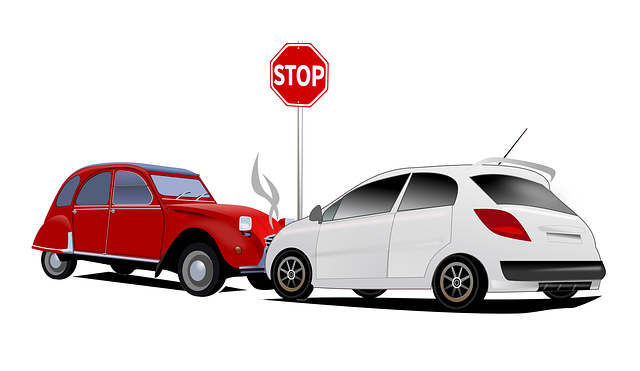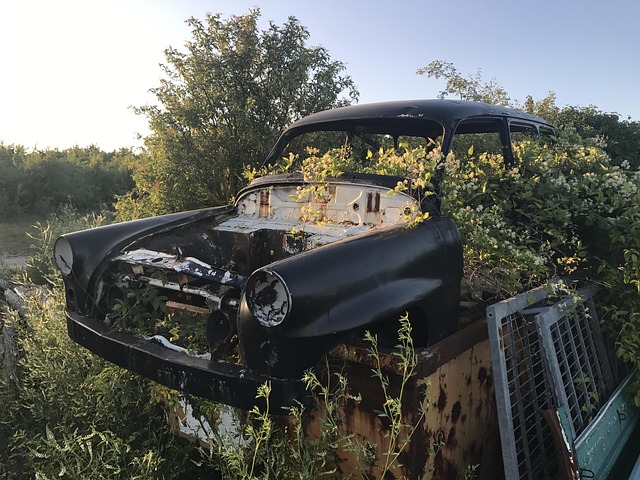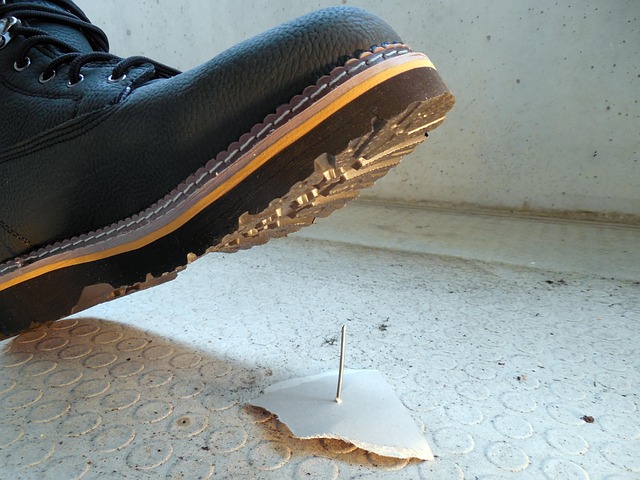A Peoria Auto Accident Lawsuit requires understanding state laws and gathering robust evidence like medical records and witness statements to establish liability and seek compensation for medical bills, property damage, and pain and suffering. Engaging an experienced lawyer specializing in Peoria auto accident laws is crucial for navigating complexities and securing fair compensation.
After a car crash in Peoria, navigating your rights and options can seem daunting. Understanding Peoria auto accident laws is crucial if you’re considering filing a Peoria auto accident lawsuit. This guide breaks down the process, from building a compelling case for compensation to navigating the legal complexities post-crash. Learn how to protect your rights and secure the justice you deserve.
- Understanding Peoria Auto Accident Laws
- Building a Compelling Case for Compensation
- Navigating the Legal Process After a Crash
Understanding Peoria Auto Accident Laws

In Peoria, auto accident lawsuits are governed by a complex interplay of state laws and regulations. It’s crucial to understand these legal frameworks if you’re considering filing a Peoria auto accident lawsuit. The first step is identifying liability, which typically lies with the at-fault driver, but can also involve other entities like vehicle manufacturers or maintenance crews. Once liability is established, victims can pursue compensation for medical expenses, property damage, and pain and suffering.
Peoria’s legal system follows tort law, meaning victims file civil lawsuits to seek damages. The process involves filing a complaint with the court, serving it to the defendant, and participating in discovery and mediation. Success in a Peoria auto accident lawsuit requires strong evidence, including medical records, witness statements, and expert opinions. Familiarizing yourself with local laws and seeking guidance from an experienced attorney can significantly enhance your chances of securing fair compensation for your injuries.
Building a Compelling Case for Compensation

When building a case for compensation in a Peoria auto accident lawsuit, the first step is to gather comprehensive evidence. This includes medical records detailing injuries sustained, police reports providing account details, and witness statements that corroborate your version of events. Additionally, documenting all expenses related to medical treatment, repairs or replacement of vehicles, and any lost income can significantly strengthen your claim.
Next, it’s crucial to consult with an experienced lawyer who understands the nuances of Peoria auto accident laws. They will help you navigate legal requirements, ensure compliance with deadlines, and strategize to present a compelling narrative that demonstrates liability and the extent of damages. By combining thorough evidence collection and expert legal guidance, you can build a strong case for the compensation you deserve.
Navigating the Legal Process After a Crash

After a car crash in Peoria, navigating the legal process can seem daunting. The first step is to ensure everyone’s safety and seek medical attention if needed. Once the immediate crisis is under control, document everything—from the exchange of insurance information with the other driver to taking photos of the accident scene. This detailed record will be crucial when filing a Peoria auto accident lawsuit.
Next, contact a reputable lawyer specializing in personal injury claims. They’ll guide you through the process, helping you understand your rights and obligations. From filing a claim with your insurance company to building a strong case, a skilled attorney will represent your best interests throughout the legal journey. This expert guidance is essential when pursuing compensation for medical bills, property damage, and pain and suffering.
When navigating a Peoria auto accident lawsuit, understanding local laws and knowing how to build a strong case are essential steps. By familiarizing yourself with the process and gathering evidence, you can confidently pursue compensation for your injuries and damages. Remember, seeking legal guidance is crucial to ensure you’re well-prepared and successful in your quest for justice.
